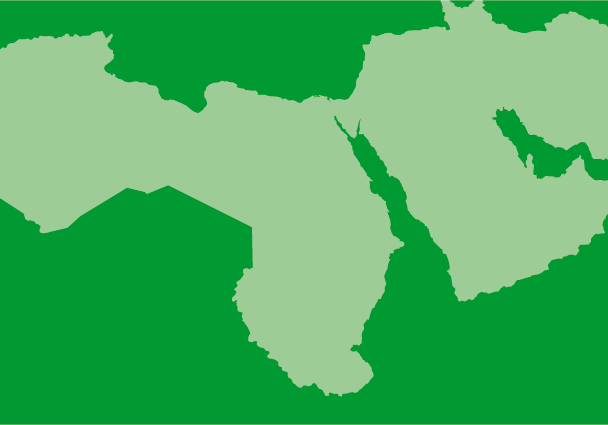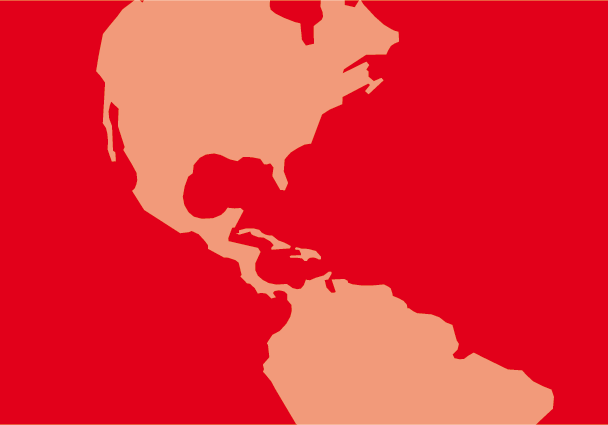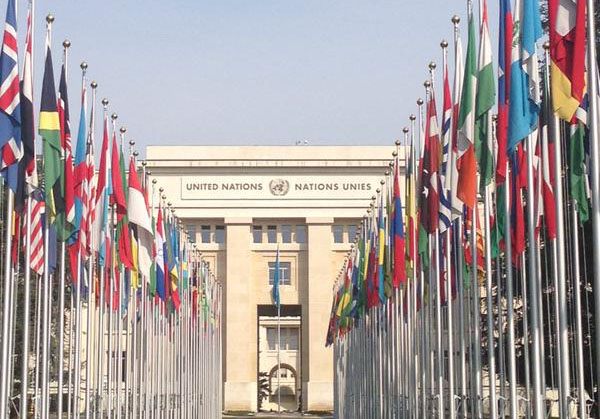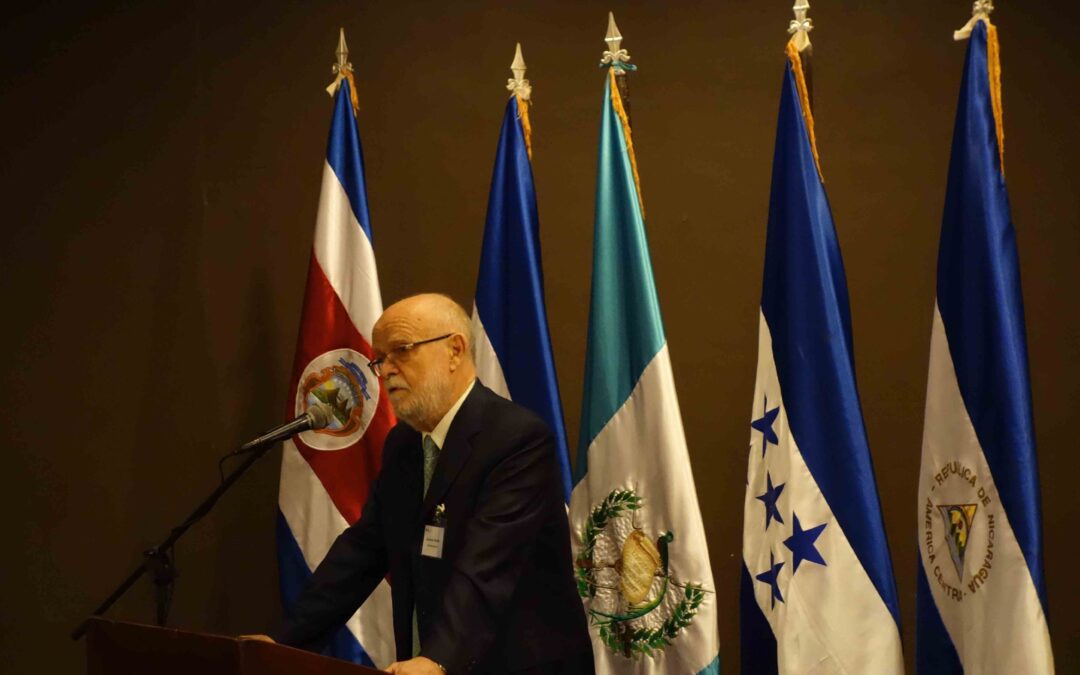
Jan 14, 2016 | News
As today marks the fifth anniversary of the toppling of Ben Ali’s regime, the ICJ calls on Tunisian authorities to adopt key legal and policy reforms to combat impunity and to deliver justice to victims of past human rights violations.
Under Ben Ali’s regime, thousands of human rights violations, including torture and other ill-treatment, unlawful killings, enforced disappearances, and arbitrary arrests and detentions, were committed by law enforcement and other security officers.
Numerous similar violations were also committed during the December 2010 to January 2011 uprising and some of them continue today.
“The political and institutional reforms introduced in Tunisia over the past 5 years should not be the sole yardstick to measure the success of the transition,” said Said Benarbia, Director of the ICJ Middle East and North Africa Programme.
“Victims of human rights violations, in particular under Ben Ali’s rule, and during the uprising still await justice,” he added.
Despite several cases being brought before Tunisian courts, in particular military courts, these proceedings have yet to establish the truth about violations, ensure that all those who are responsible are held to account, and fulfill the rights of victims to effective remedies and reparation.
“Until their rights to effective remedies and reparation are realized, including by holding the perpetrators to account, the transition will remain incomplete,” Benarbia said.
Indeed, despite numerous legal and policy reforms, including the adoption of the “Transitional Justice Law”, and the establishment of the Truth and Dignity Commission (Instance Vérité et Dignité), the ICJ is concerned that justice for victims remains mostly elusive.
Obstacles that impede victims’ access to justice and effective remedies include current weaknesses in the Tunisian criminal procedures, such as the broad discretion of the public prosecutor to dismiss cases without providing specific reasons (and the lack of ability of victims effectively to challenge such decisions), the lack of effective measures for the protection of victims and witness, inadequate laws on the definition of crimes and superior responsibility, and the use of military courts to address human rights violations.
“Key reforms both in law and practice are needed for Tunisia to properly address past abuses in Tunisia, end pervasive impunity and provide victims with justice,” Benarbia said.
Contact:
Theo Boutruche, Legal Adviser of the ICJ Middle East and North Africa Programme, tel: +96 170 888 961, e-mail: theo.boutruche(a)icj.org
Tunisia-Anniversary-News Press Release-2016-ARA (Arabic version, in PDF)

Dec 22, 2015 | News
The ICJ today called on Egypt’s newly elected House of Representatives to amend or annul the web of repressive presidential decrees promulgated since the ouster of President Morsi.
“Egypt’s House of Representatives must dismantle the catalogue of repressive presidential decrees that have been used by the authorities to stifle dissent, curtail fundamental rights and freedoms and shield state officials from accountability in cases of human rights violations,” said Said Benarbia, Director of the ICJ’s Middle East and North Africa (MENA) Programme.
Article 156 of the Egyptian Constitution provides that decrees issued by the President while the House of Representatives is not in session must be discussed and approved by the new House of Representatives within 15 days of it convening.
Failure to do so results in the laws being automatically nullified with retroactive effect.
The ICJ and others have detailed how many of these presidential decrees, including the Demonstration Law (No.107 of 2013), the Counter-Terrorism Law (No.94 of 2015), the Terrorist Entity Law (No.8 of 2015), the Law on Military Courts (No.136 of 2014) and laws amending the Criminal Code (No.128 of 2014) and the Prison Law (No.106 of 2015), violate Egypt’s obligations under international law.
Key concerns relate to the right to life, the right to liberty and the right not to be subjected to arbitrary detention, fair trial rights, and the rights to freedom of expression, association and assembly.
These fundamental rights are protected by for instance the International Covenant on Civil and Political Rights, which Egypt ratified in 1982 and which today counts 168 states as parties.
Over the last two years, thousands of individuals have been prosecuted and convicted pursuant to such decrees, including the Demonstration Law, through proceedings that fell short of international fair trial standards.
Further, many of these decrees, in particular the Counter-Terrorism Law and the Demonstration Law, institutionalise the immunity of state officials from legal proceedings against any use of force committed in the course of their duties, including the use of lethal force when it is not strictly necessary to protect lives.
The decrees also fail to provide for any reparations mechanism for victims.
“Egypt’s parliament should, as a matter of urgency, ensure that those who have suffered human rights violations on the basis of these laws obtain effective remedy and reparations, remove all obstacles to justice and accountability, and address the impunity of state officials underpinned by these decrees”, Benarbia added.
Contact:
Alice Goodenough, Legal Adviser of the ICJ Middle East and North Africa Programme, t: +44 7815 570 834; e: alice.goodenough(a)icj.org
Nader Diab, Associate Legal Adviser of the ICJ Middle East and North Africa Programme, t: +41 229 793 804; e: nader.diab(a)icj.org
Egypt-New House of Representatives-News-Press releases-2015-ARA (full text in Arabic, PDF)

Nov 17, 2015 | News
La CIJ demanda a las autoridades guatemaltecas terminar con la impunidad que rodea el caso Siekavizza.
La CIJ ante la impunidad prevaleciente en el caso Siekavizza expresa:
El llamado “caso Siekavizza” constituye un caso paradigmático de femicidio supuestamente cometido por el esposo de la víctima Cristina Siekavizza, el 16 de julio de 2011. El cuerpo de la víctima no ha aparecido hasta ahora.
- Por las circunstancias que rodean este caso la CIJ ha solicitado reiteradamente que éste sea conocido por la Comisión Internacional contra la Impunidad en Guatemala (CICIG); no solo porque el principal sospechoso es hijo de una ex Presidenta de la Corte Suprema de Justicia, sino porque existen elementos suficientes para considerar que puede haber existido una conjura criminal para mantener el caso en la impunidad.
- Desde que se dieron los hechos tan deplorables, el Sistema de Justicia de Guatemala mostró ineficiencia y falta de voluntad política para esclarecer los hechos y llevar ante la justicia al o a los supuestos responsables. Las autoridades estatales no adoptaron las medidas necesarias para llevar a cabo una investigación eficiente y rápida.
- Lo anterior permitió que se afectara la escena del crimen y que el presunto responsable se refugiara en otro país y escapara a la justicia.
- Los cuatro años de impunidad que lleva el caso, han provocado un profundo pesar a los familiares de Cristina Siekavizza a quienes en su momento, el Estado deberá resarcir los daños causados.
- Este es tan solo uno de los miles de casos criminales que se mantienen en la impunidad frente a la pasividad de las autoridades correspondientes. En general la justicia en Guatemala sigue seriamente afectada por altos índices de impunidad.
Wilder Tayler, Secretario General de la Comisión Internacional de Juristas con sede en Ginebra, Suiza expresó: “Seguiremos observando el desarrollo de este caso; hacemos un enérgico llamado a todos los operadores de justicia involucrados, para que pongan el más riguroso empeño para permitir esclarecer un crimen tan grave. La impunidad que rodea el caso debe superarse cuanto antes.”

Oct 26, 2015 | News
Myanmar’s human rights record for the past four and a half years will be under scrutiny at the United Nations (UN) Human Rights Council (HRC), as the country goes up for its Universal Periodic Review (UPR) review on 6 November 2015.
Myanmar will be assessed on developments based on information provided by the government, UN human rights experts, institutions and treaty bodies; and stakeholders including Non-Governmental Organizations (NGOs).
The eleventh round of Pre-Sessions to discuss the human rights situations in Myanmar was held on 8 October 2015 and was organized by UPR-Info.
The event brought together various permanent missions and various Myanmar civil society organizations (CSOs) that presented their respective UPR recommendations.
This event also provided NGOs, including the ICJ, with an opportunity to contribute to the UPR process by informing several delegations at once about specific, actionable recommendations to the government to effectively address human rights violations and provide redress.
In its UPR stakeholder submission, the ICJ drew the attention of the HRC Working Group on the UPR, and that of the HRC itself, to the ICJ’s concerns about the independence of the judiciary and legal profession, the lack of legislation adequately protecting human rights and the environment, discriminatory laws targeting women and minorities, and the writ of habeas corpus in Myanmar.
The Office of the Commissioner for Human Rights referred to these issues in its summary to the HRC Working group on the UPR.
UPR discussions in Geneva led by NGOs reiterated that despite reforms, significant human rights challenges remain in Myanmar. These include, but are not limited to, the following:
- During its first UPR in 2011, Myanmar had supported recommendations to consider signing and ratifying core human rights treaties, but has made no significant progress;
- A recent parliament veto reserves the 25% of the seats in the legislative bodies for the military, thus continuing military impunity and preserving their hold over any constitutional or legislative amendment;
- The Myanmar National Human Rights Commission suffers from low credibility due to its lack of autonomy from the government and failure to investigate egregious human rights violations;
- The package of “race and religion protection” laws comes at a time of increasing ethnic and religious tension, and discriminates on grounds of gender and religion. Discrimination against religious minorities has led to mass displacement, deaths and rights violations;
- Lesbian, Gay, Bisexual and Transgender rights are routinely violated;
- The Environmental Conservation Law allowed government departments and private business abroad exemptions from environmental protection obligations;
- Judicial independence is compromised as judges in some instances still render decisions based on orders coming from military and the government.
Contact:
Vani Sathisan, ICJ International Legal Adviser, Myanmar, t: +95-09250800301; e: vani.sathisan(a)icj.org
The ICJ’s UPR stakeholder submission for Myanmar can be found here
The OHCHR summary to the UN Working Group for the UPR can be found here

Oct 12, 2015 | News
In coordination with the Norwegian Judges’ Association and the Guatemalan Mayan Bar Association, the ICJ inaugurated today a two-day Conference in Guatemala City.
The Conference was inaugurated by Jan Gerhard Lassen (the Norwegian Ambassador for Guatemala), Josué Baquiax Baquiax (President of the Supreme Court ), ICJ Commissioner José Antonio Martín Pallín and Director of the ICJ in Central America, Ramón Cadena.
The main topics of discussion were the need to strengthen the judicial career, and associationism.
Guatemala currently has only one formal judge´s association, which was identified by the speakers at the Conference as not consistently acting in the best interests of independent judges, necessitating the creation of an alternative association.
In terms of the judicial career, judges from around the region discussed the changes necessary to the law in Guatemala to ensure that judges are protected from undue pressures coming from outside, and within the judiciary.
The Conference concludes tomorrow with a public forum which will showcase the results of two forthcoming ICJ studies on judicial independence and specialized justice.









